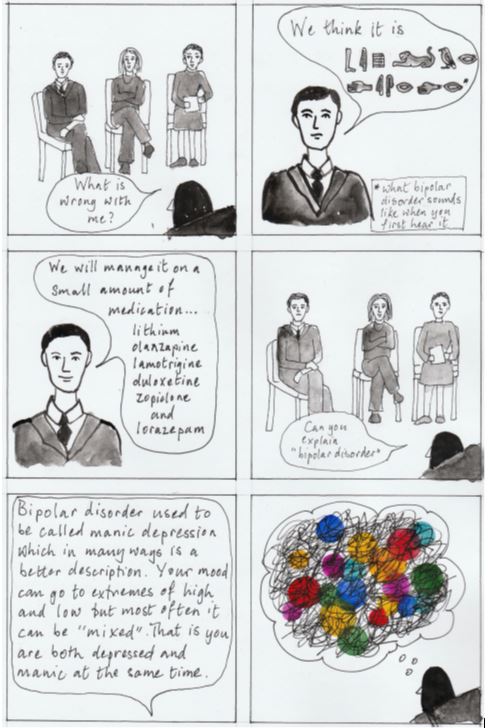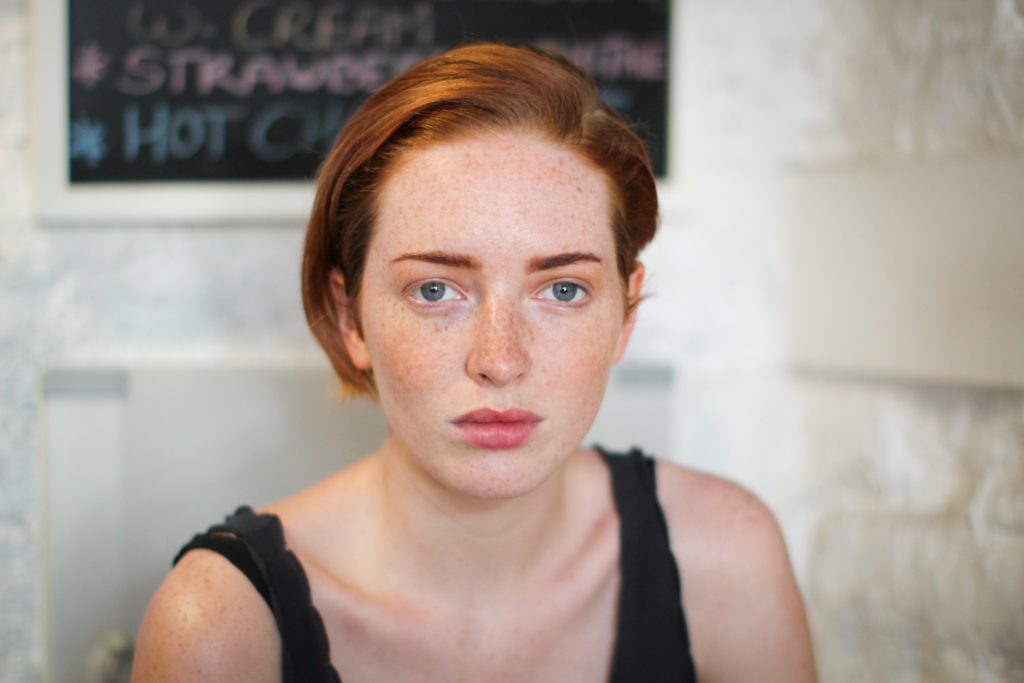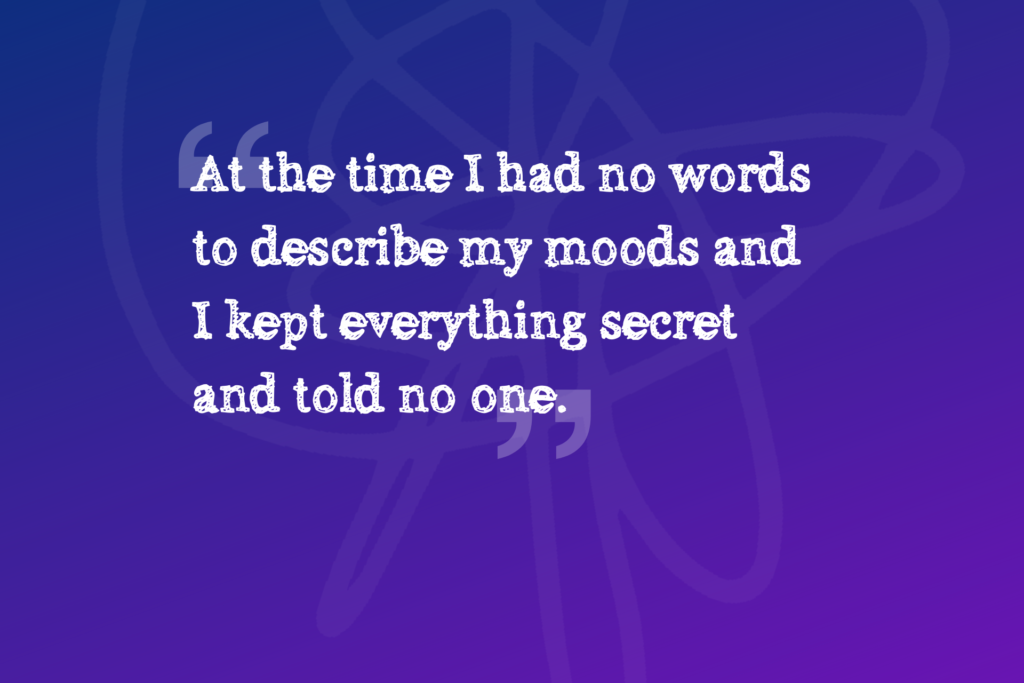An Oxfordshire Mind Expert by Experience blogs about her Bipolar disorder.
Trigger warning, contains discussion of suicidal feelings. Mental health crisis support.
Looking back, I had my first depressive episode around the age of 16 when I tried to unsuccessfully act on suicidal feelings. At the time I had no words to describe my moods and I kept everything secret and told no one. It took another 20 chaotic years before I sought help from the medical profession and received a bipolar disorder diagnosis, then a further decade to come to terms with the impact of bipolar on my life and how to manage it. As with most conditions, if you have met one person with bipolar disorder then you have met one person with it. Everyone experiences this condition in their own unique way.
For me, a low episode will involve my whole body and brain slowing down. I think and talk very slowly, my movements are slow and my bodily systems like my digestion are also sluggish. My thoughts are very dark. On the other hand in mania everything is speeded up, I think very quickly and my speech is rapid, talking continuously, moving quickly and energetically. Euphoria can be an addictive component of mania.
Then there is the mixed episode where thoughts and body are racing, but the contents of the thoughts are very dark and depressed. In my opinion the old name of ‘manic depression’ was a much better description for this reason – I experience many mixed episodes in bipolar. Managing my condition has been challenging over the years. There were several years where I had trial and error with different medications before finding the right combination. There were several years where I rejected having a ‘label’ and incorrectly thought it was all something I could solve with therapy alone.
As with all things, having good psychological insight, a work/life balance, good nutrition, exercise and sleep all help tremendously. But for me I rely on medication to help me fully control my symptoms. The side effects of psychiatric medication are extremely unpleasant, so staying on meds is a constant battle and occasionally I do still have episodes severe enough to require hospitalisation. Nevertheless, I am supported by a good mental health team, and social support, through organisations such as Mind and Bipolar UK’s peer support groups, is invaluable.



